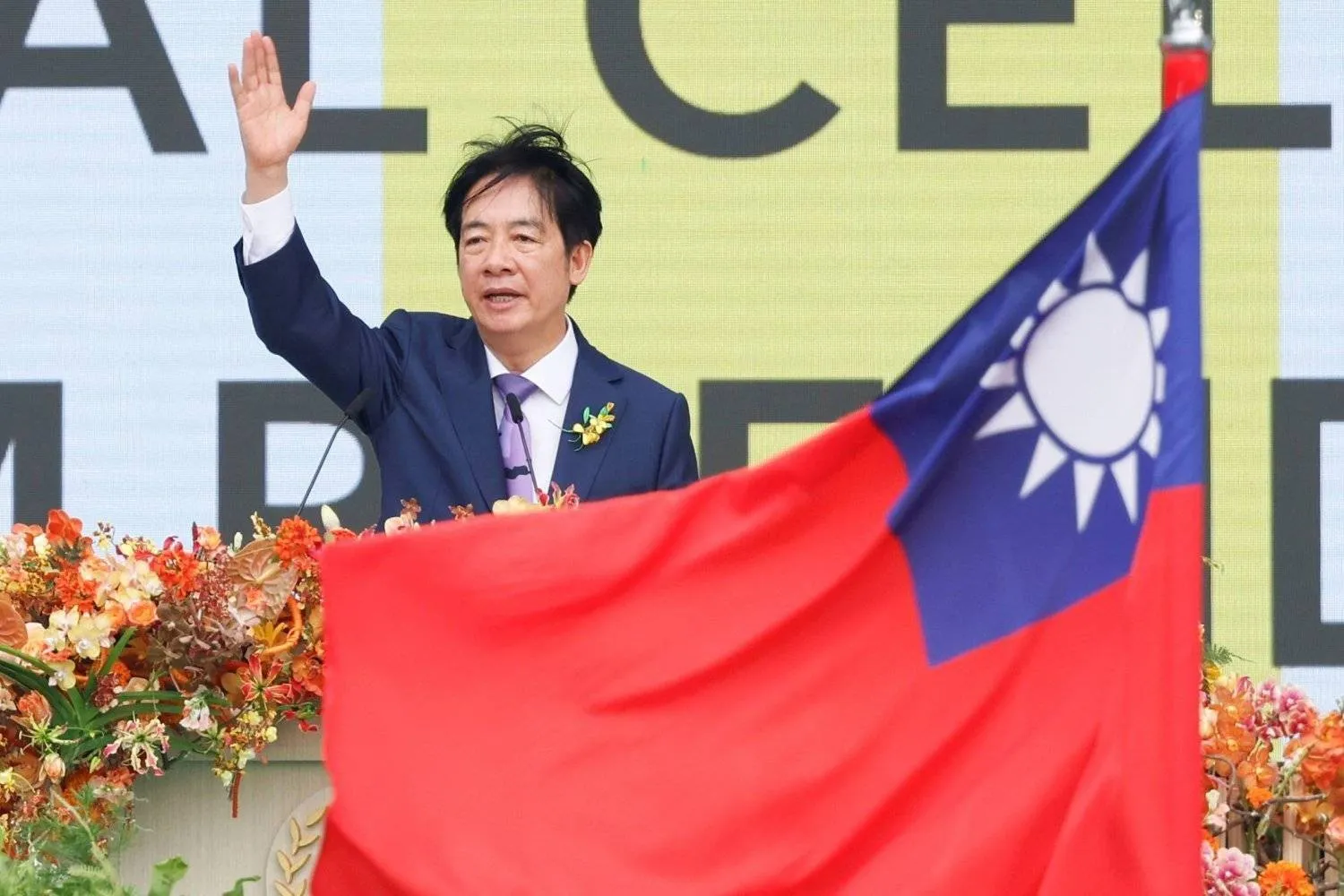Taiwan cherishes its freedom and democracy and no "external force" can change its future, Taiwan President Lai Ching-te said on Friday, visiting sensitive frontline islands next to China for the 75th anniversary of a key victory over communist forces.
Taiwan has controlled Kinmen, and the Matsu islands to the north, since the defeated Republic of China government fled to Taipei in 1949 after losing a civil war with Mao Zedong's communists.
Lai told veterans and family members that the October 1949 Battle of Guningtou, when republican forces beat off an invasion attempt of Kinmen by the People's Liberation Army "represents our determination to protect our country".
"The Battle of Guningtou makes us realize that democracy and freedom are not something to be taken for granted," Lai said.
"We treasure a democratic and free way of life, and we cannot, and will not, allow any external force to change the future of Taiwan, Penghu, Kinmen and Matsu, right?" Lai added, referring to all the island groups the government controls, though without directly mentioning China.
Beijing detests Lai as a "separatist" and views democratically governed Taiwan as its own territory, a claim he rejects, saying only Taiwan's people can decide their future.
China staged a day of war games around Taiwan earlier this month it said were a warning to "separatist acts".
Lai reiterated his determination to maintain peace and stability and defend Taiwan's sovereignty, as well as his willingness to talk to Beijing.
"Our insistence on safeguarding a democratic and free lifestyle for generations to come has not changed and will remain unchanged," he added.
The Kinmen battle was a rare victory for Chiang Kai-shek's forces in the final days of China's civil war.
In December of that year, the republican government fled to Taiwan and in the following years and months would lose a string of other islands and islets to communist forces. The Republic of China remains Taiwan's formal name.
Late Thursday, Taiwan's military staged nighttime live fire drills on the Penghu islands, home to a major air force and navy base and which sit in the Taiwan Strait though are closer to Taiwan than China, practicing repelling an assault from the sea.
It was Lai's second trip to Kinmen since he took office in May.
Kinmen is today a popular tourist destination due in part to its Cold War history.
Taiwan retains a sizeable military presence.
No peace treaty or armistice has ever been signed between Taiwan and China and neither government officially recognises the other.









